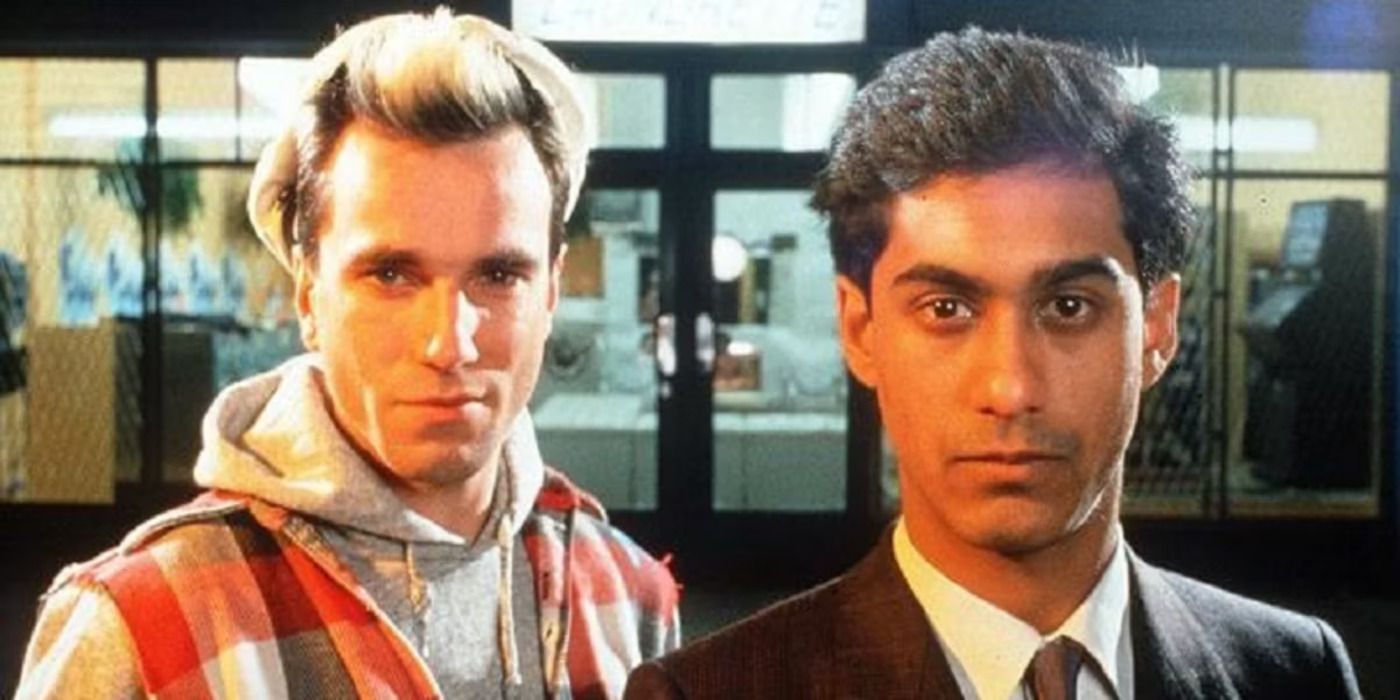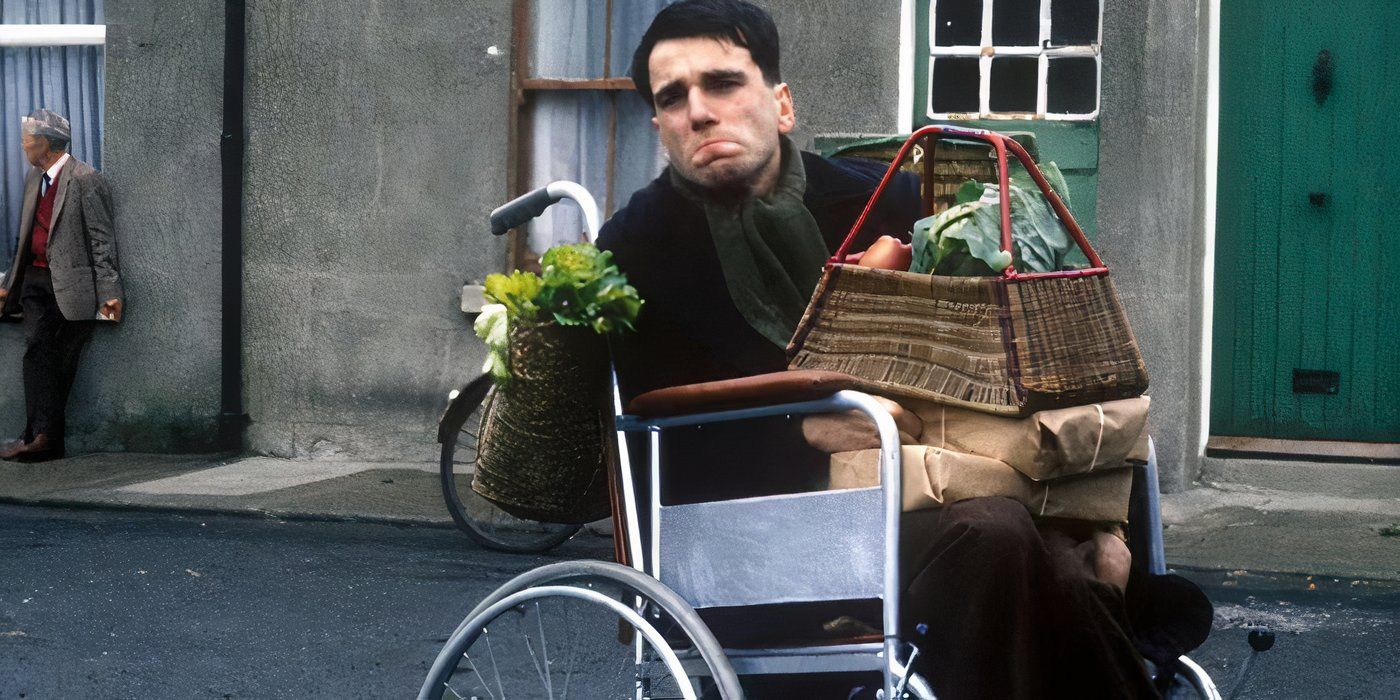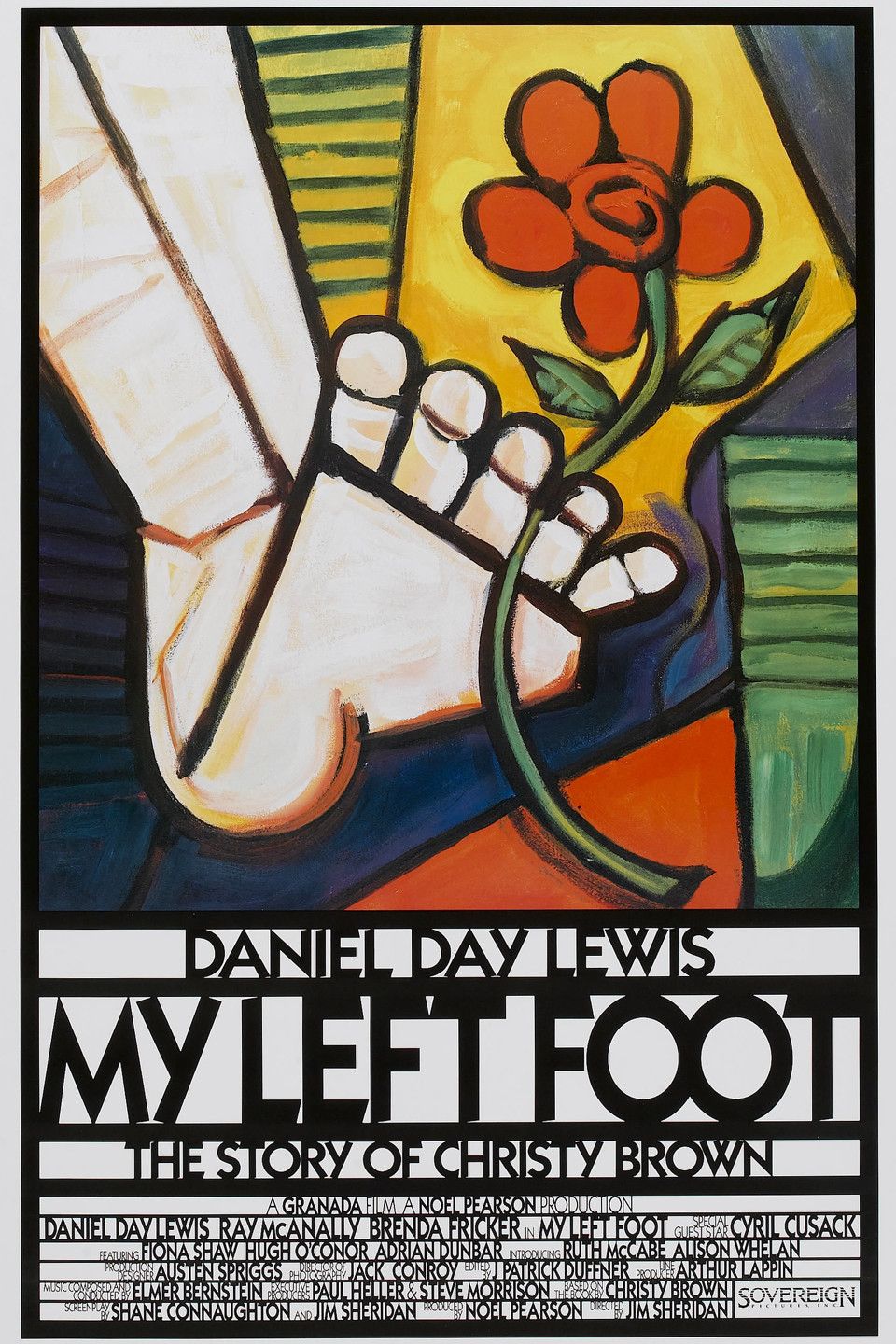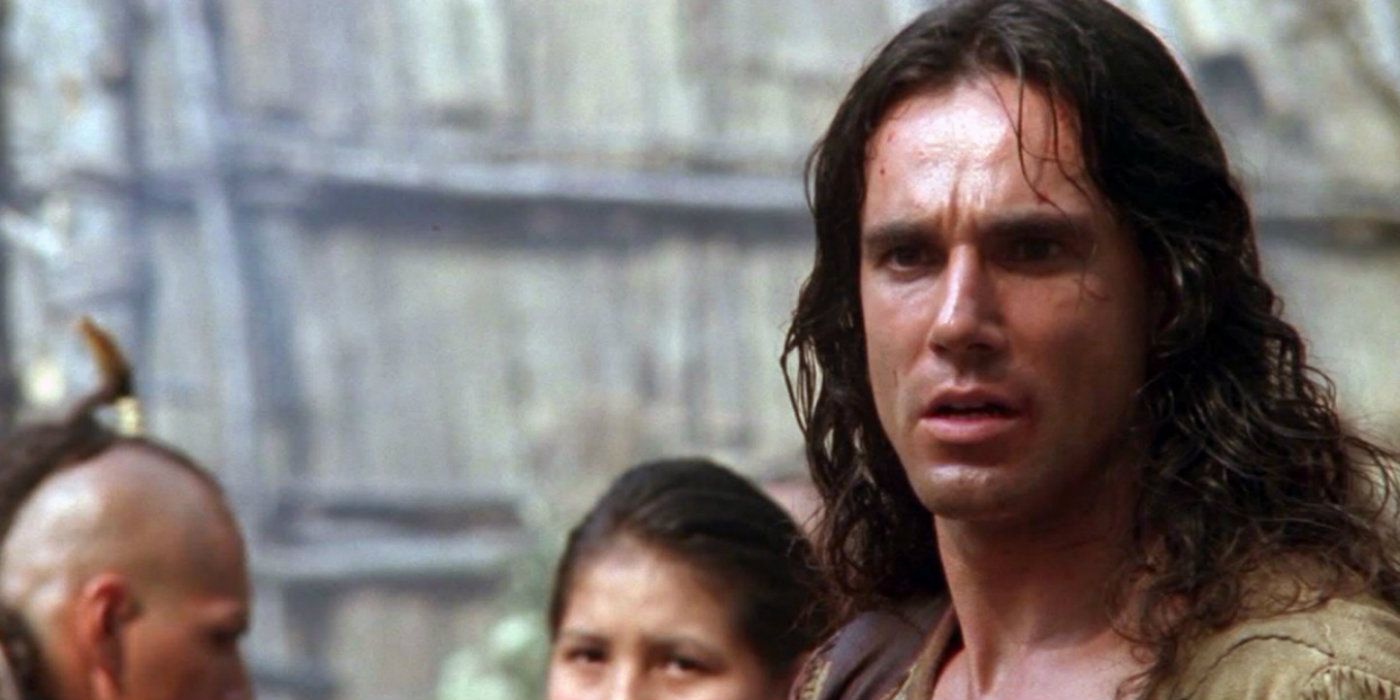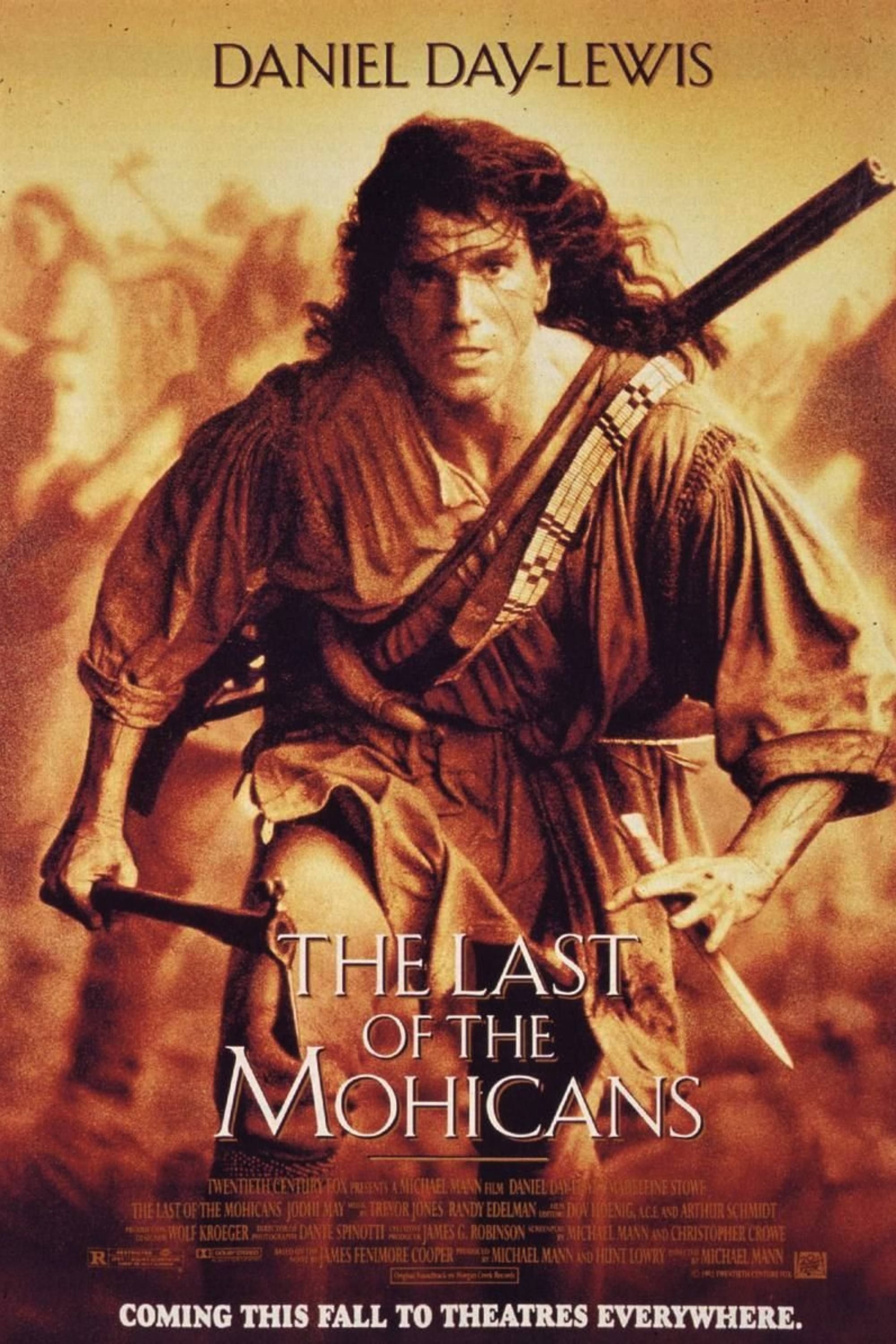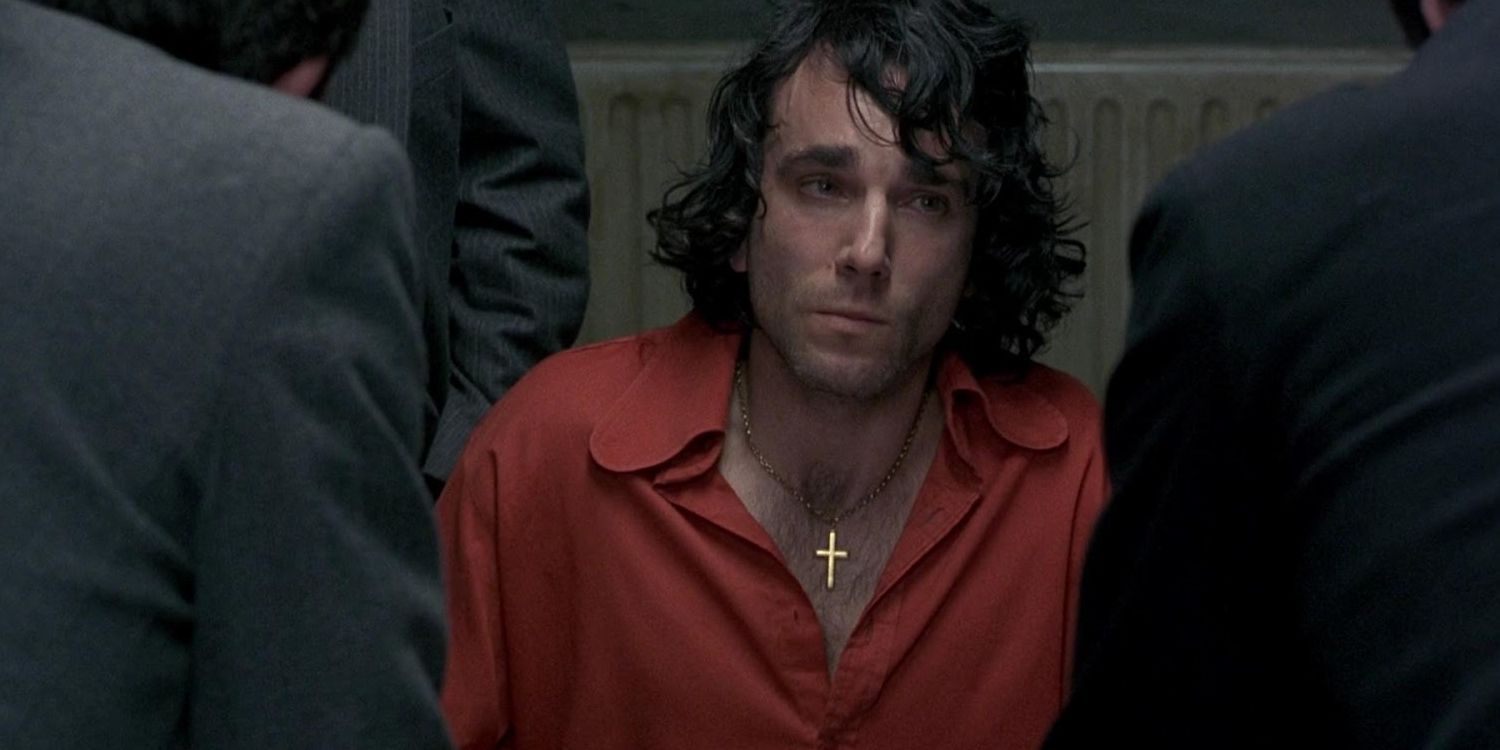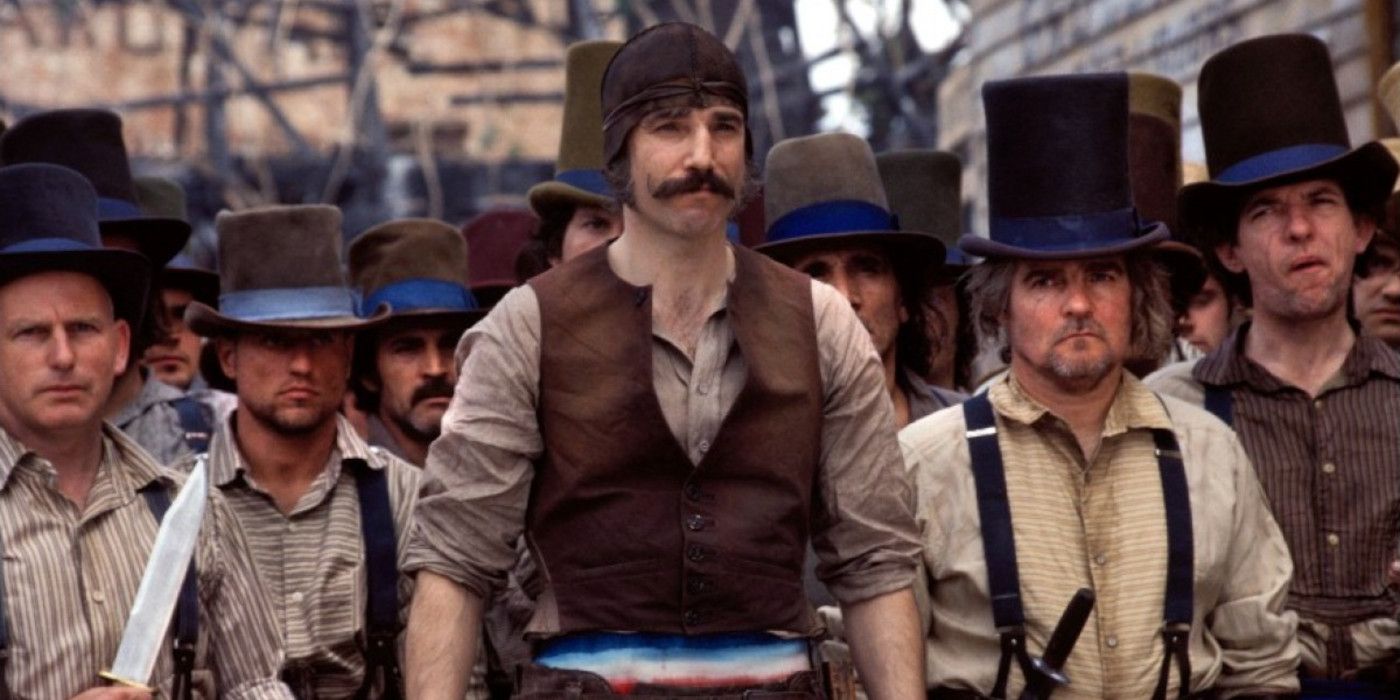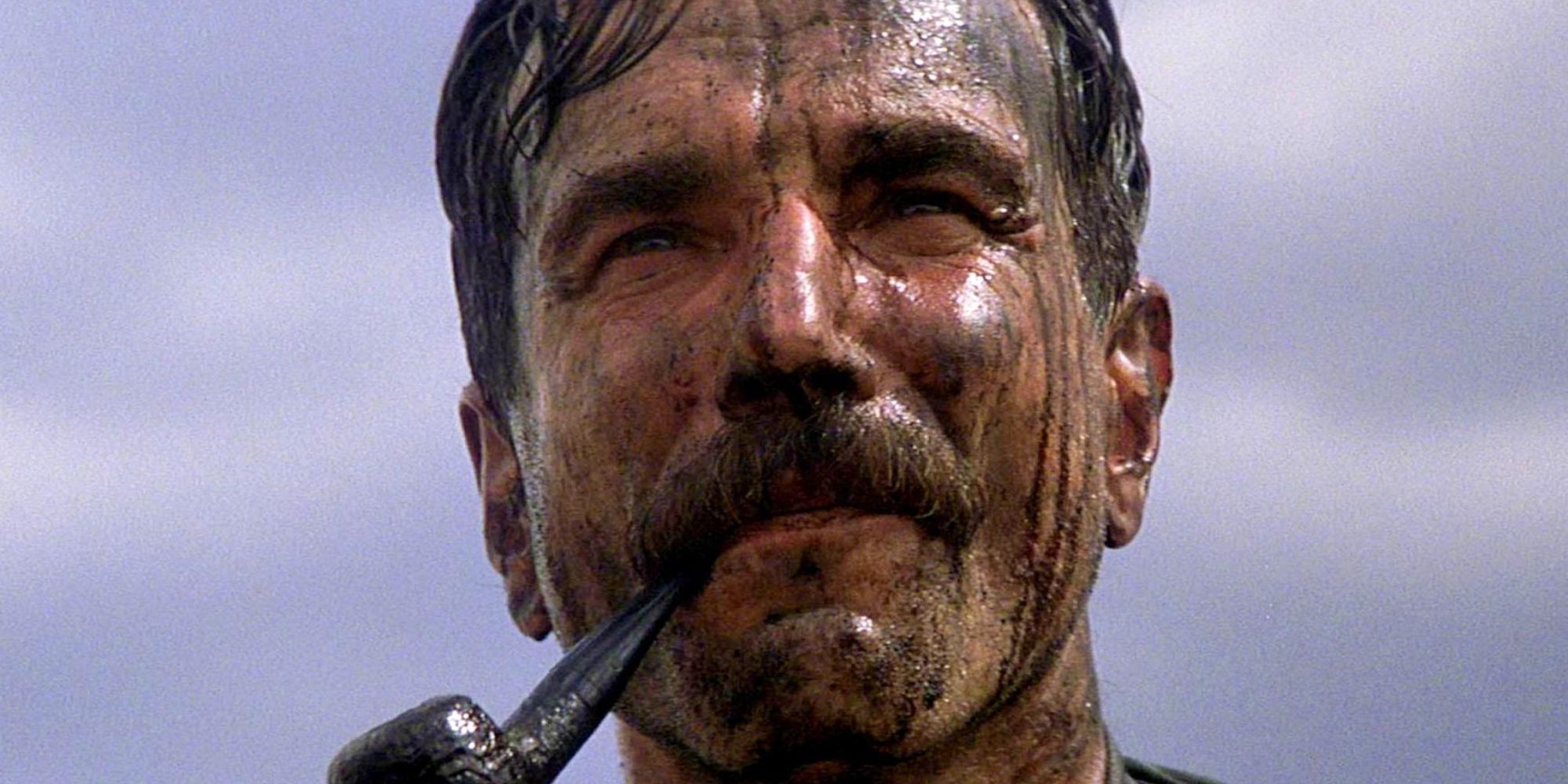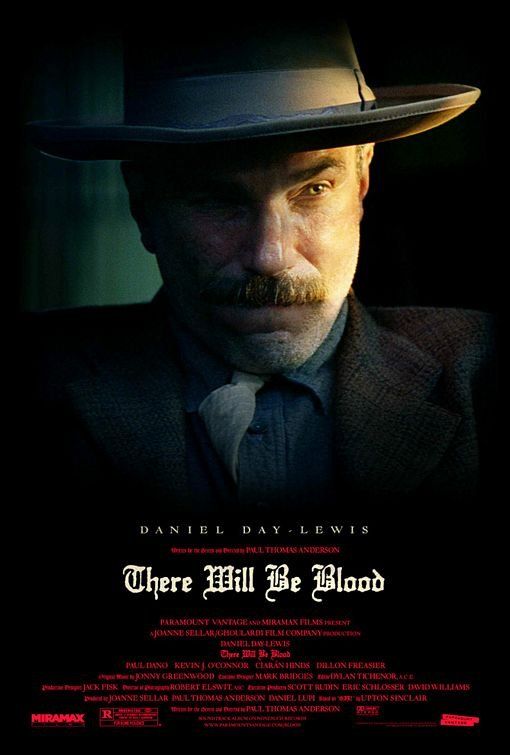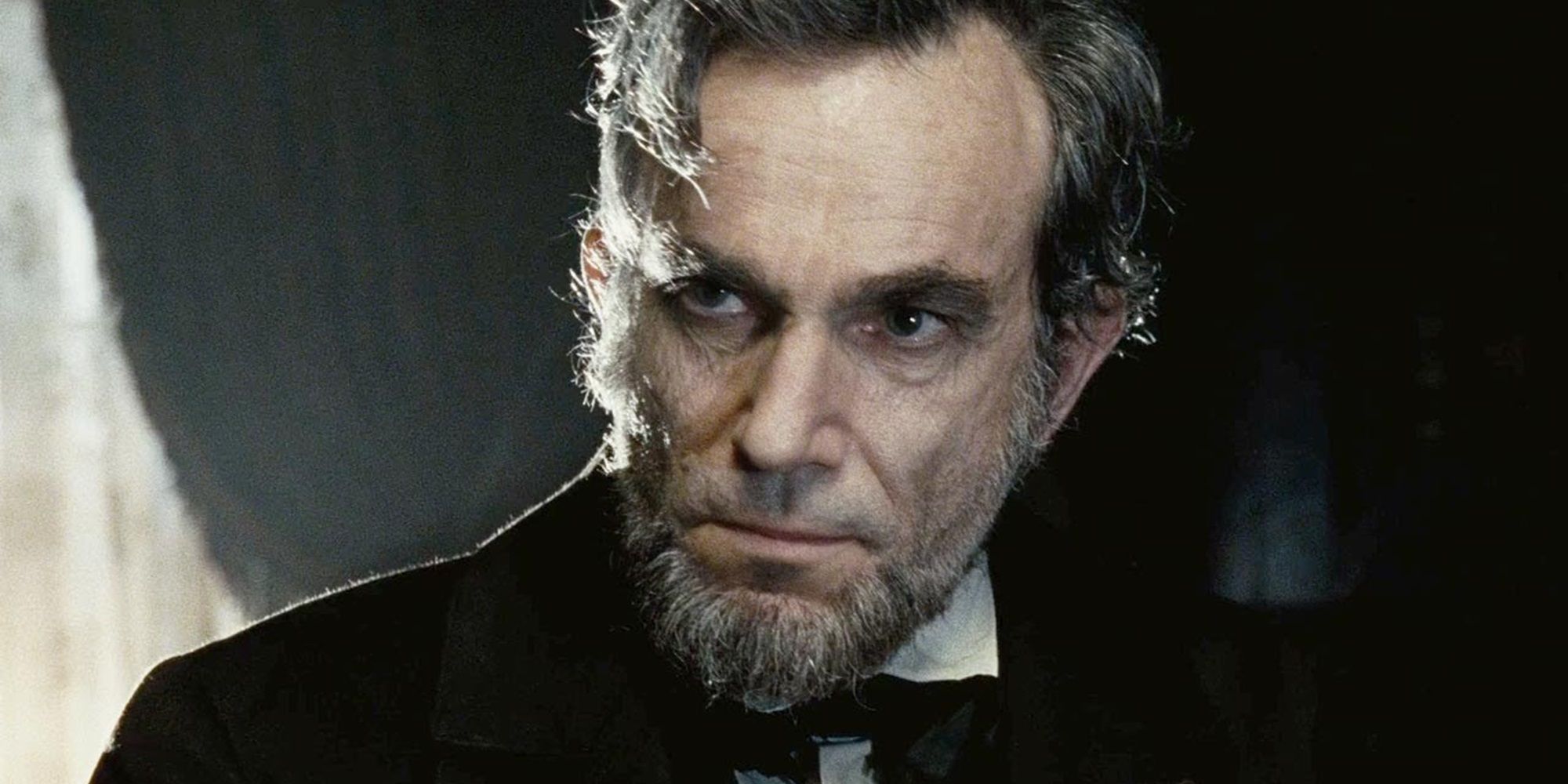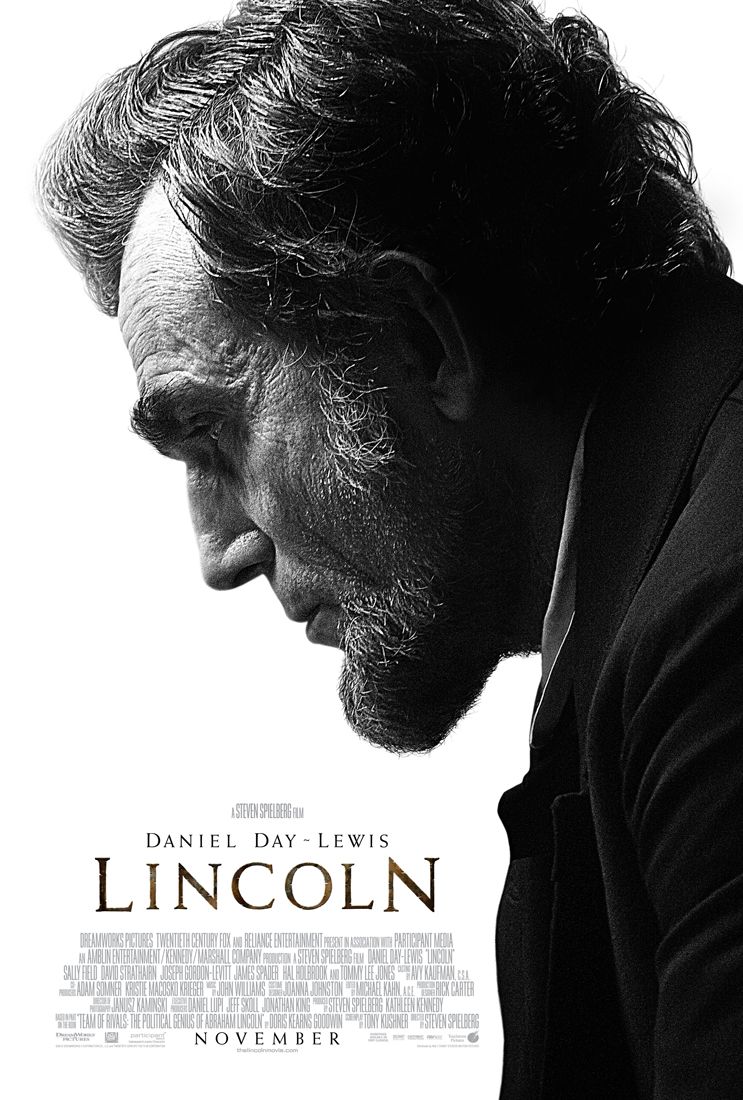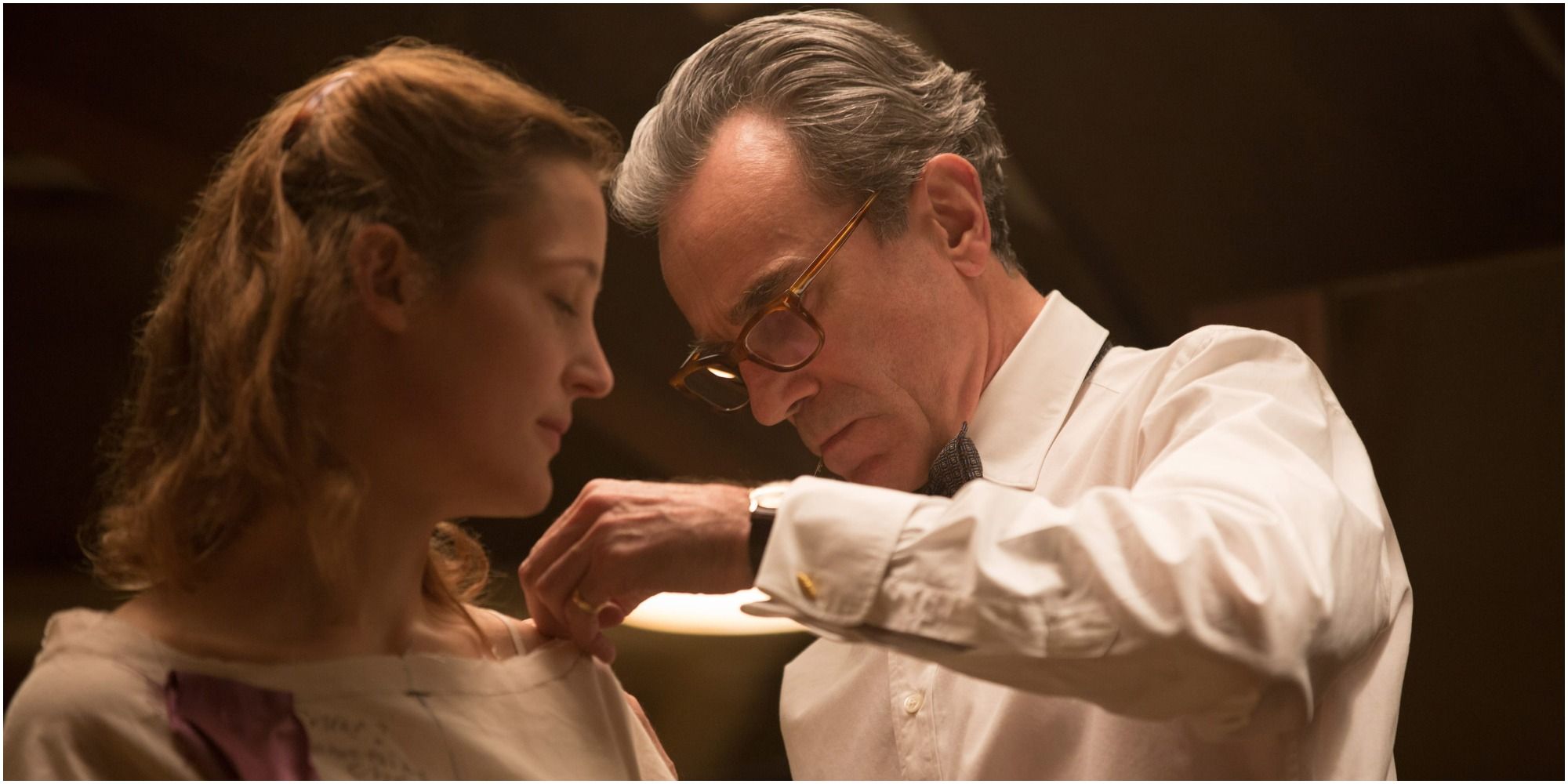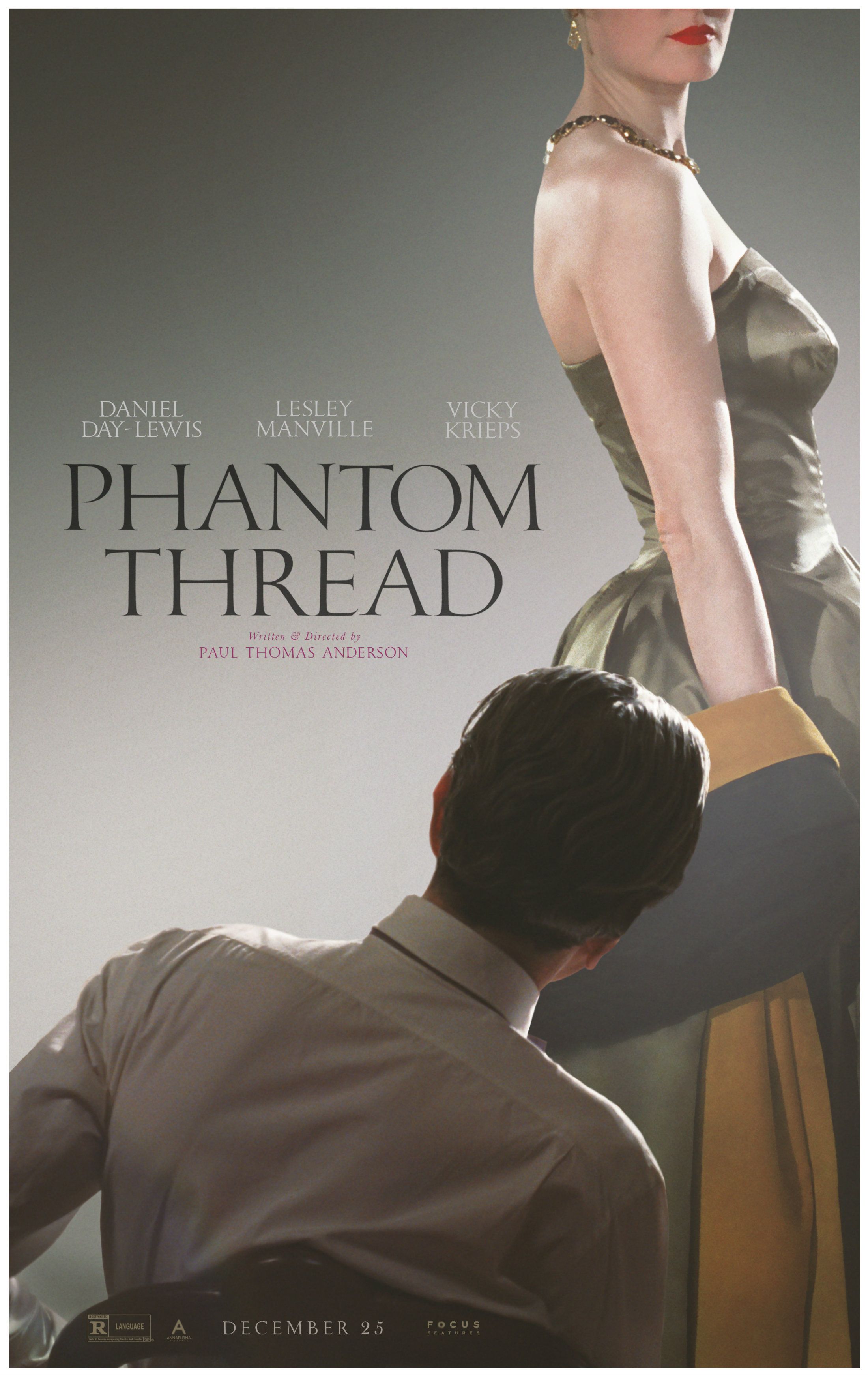Summary
- With a career spanning over three decades, Day-Lewis has delivered some of the most memorable performances in film history, earning him numerous awards and accolades, including three Academy Awards for Best Actor.
- Day-Lewis’ career began with small roles in the early 1980s, but it was his performance as Johnny Burfoot in “My Beautiful Laundrette” that first gained him critical acclaim.
- In the 1990s, Day-Lewis continued to deliver standout performances in films such as “The Last of the Mohicans.”
The career of Daniel Day-Lewis was filled with some of the greatest performances of all time, and his acclaimed filmography included several definitive works. While Day-Lewis got his start with minor roles in the early 1980s, he quickly gained a reputation as a deeply talented actor who utilized an extreme method acting style to truly capture the depth and nuance needed to give extraordinary performances. As a three-time Academy Award winner, Day-Lewis was among the most acclaimed and successful actors in history.
From incredibly accurate portrayals of real-life historical figures to creating some of the most enduring fictional characters of all time, Day-Lewis has consistently pushed the boundaries of cinema. Although Day-Lewis retired from acting in 2017, his work has not lost any of its appeal, and he’s continually spoken about as among the greatest actors who ever lived. Equally comfortable as a likable romantic lead and a sinister villain, Day-Lewis’s acclaimed career has been defined primarily by variety.
8 My Beautiful Laundrette (1985)
After some minor performances throughout the early 1980s, which included a brief appearance in Gandhi, Daniel Day-Lewis gained his first majorly acclaimed performance as a young gay English man in an interracial relationship with a Pakistani youth in the film My Beautiful Laundrette. Set in 1980s London at the height of Thatcherism, Day-Lewis’ performance as Johnny Burfoot was rife with social and political significance as the film addressed issues of class, race, and sexuality. This was an important moment in Day-Lewis’ career, which signaled him as an upcoming actor to watch out for.
Day-Lewis’s role was a supporting one, but he was also among the most memorable aspects of the film, and his potential as a future star shone through every scene he was in. The same year, Day-Lewis gained further notoriety with a fantasy performance in A Room with a View, which showcased his range outside of street punk characters like Johnny Burfoot. While these performances may seem minor compared to what Day-Lewis later achieved, he may never have gained those later opportunities without these early triumphs.
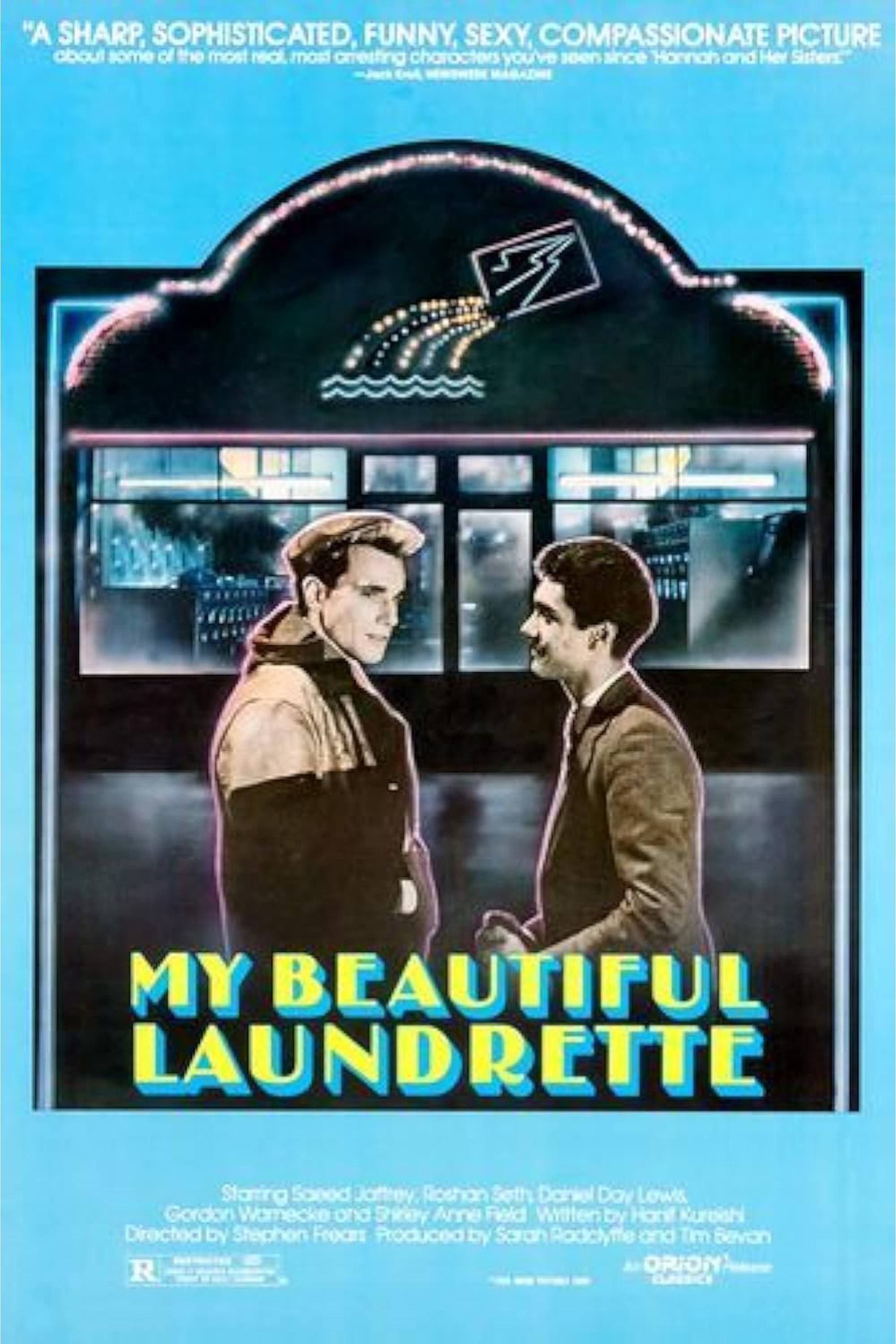
My Beautiful Laundrette
My Beautiful Laundrette is a British film directed by Stephen Frears, featuring Gordon Warnecke as Omar, a young man in London who revitalizes a laundrette with his friend Johnny, played by Daniel Day-Lewis. The film explores themes of race, class, and sexuality against the backdrop of 1980s Thatcherite Britain. It is known for its nuanced portrayal of complex relationships within a diverse urban society.
- Director
- Stephen Frears
- Release Date
- April 4, 1986
- Writers
- Hanif Kureishi
- Cast
- Saeed Jaffrey , Roshan Seth , daniel day-lewis , Richard Graham , Winston Graham , Dudley Thomas , Derrick Branche , Garry Cooper
Daniel Day-Lewis as Christy Brown
For the role of Christy Brown, Daniel Day-Lewis took home his first Academy Award for Best Actor, and film lovers noticed for the very first time his intense commitment to his roles and method acting style. In My Left Foot, Day-Lewis played a man born with cerebral palsy from a poor working-class Irish family who learned to communicate using just his left foot. To achieve his transformative performance, Day-Lewis did intense research on those with disabilities and refused to break character on set.
My Life Foot was the first indication that Day-Lewis’s skill went beyond that of simply a good actor and that he was truly one of the all-time greats. With passionate intensity, My Life Foot captured the full spectrum of a complicated life, as Christy learned not just to communicate but even to paint with just the use of one limb. Day-Lewis’s Oscar win for My Left Foot was a definitive moment in his career that opened the door for him to start working with some of the greatest directors of all time.
6 The Last of the Mohicans (1992)
Daniel Day-Lewis as Nathaniel “Hawkeye” Poe
Daniel Day-Lewis teamed up with director Michael Mann for the grand, sweeping, romantic epic The Last of the Mohicans. Through the story of three Mohican tribe members who defended a British colonel’s daughter during the French and Indian War, Day-Lewis delivered a captivating performance as Nathaniel “Hawkeye” Poe, a white adopted son of the Mohican tribe. As a big-budget historical action film, The Last of the Mohicans was a definitive release toward Day-Lewis’s growing status as a Hollywood leading man.
Although The Last of the Mohicans could be criticized for perpetuating Native American stereotypes and propagating white savior tropes, Day-Lewis also gave his all to his role of Nathaniel “Hawkeye” Poe, the American rifleman adopted by Mohicans. Reportedly, Day-Lewis underwent a strict training program for the film (via Slash Film) as he learned to shoot, track, and skin animals and fight with tomahawks. The Last of the Mohicans was yet another testament to Day-Lewis’s undeniable skill, as he put everything into every part he played.
5 In The Name of The Father (1993)
Daniel Day-Lewis as Gerry Conlon
The biographical crime drama In the Name of the Father told the true story of the Guildford Four, four people falsely convicted of the 1974 Guildford pub bombings that killed four off-duty British soldiers and a civilian. This highly political film, directed by Jim Sheridan, was made while the Troubles in Northern Ireland were still active and highlighted Daniel Day-Lewis’s willingness to tackle controversial and politically charged roles. Day-Lewis expertly played Gerry Conlon, a man who spent 15 years in prison after being mistaken for an IRA sniper.
In the Name of the Father was yet another example of Day-Lewis’s extreme method acting. For the role of Gerry Conlon, Day-Lewis lost over 23 kg and spent time in jail being sleep-deprived and interrogated to experience the required mindset. A powerful decree against miscarriages of justice, In the Name of the Father blended historical fact with rousing performances to create a truly emotive piece of cinema. Day-Lewis stood out in the leading role as he continually proved himself to be among the best actors of his generation.
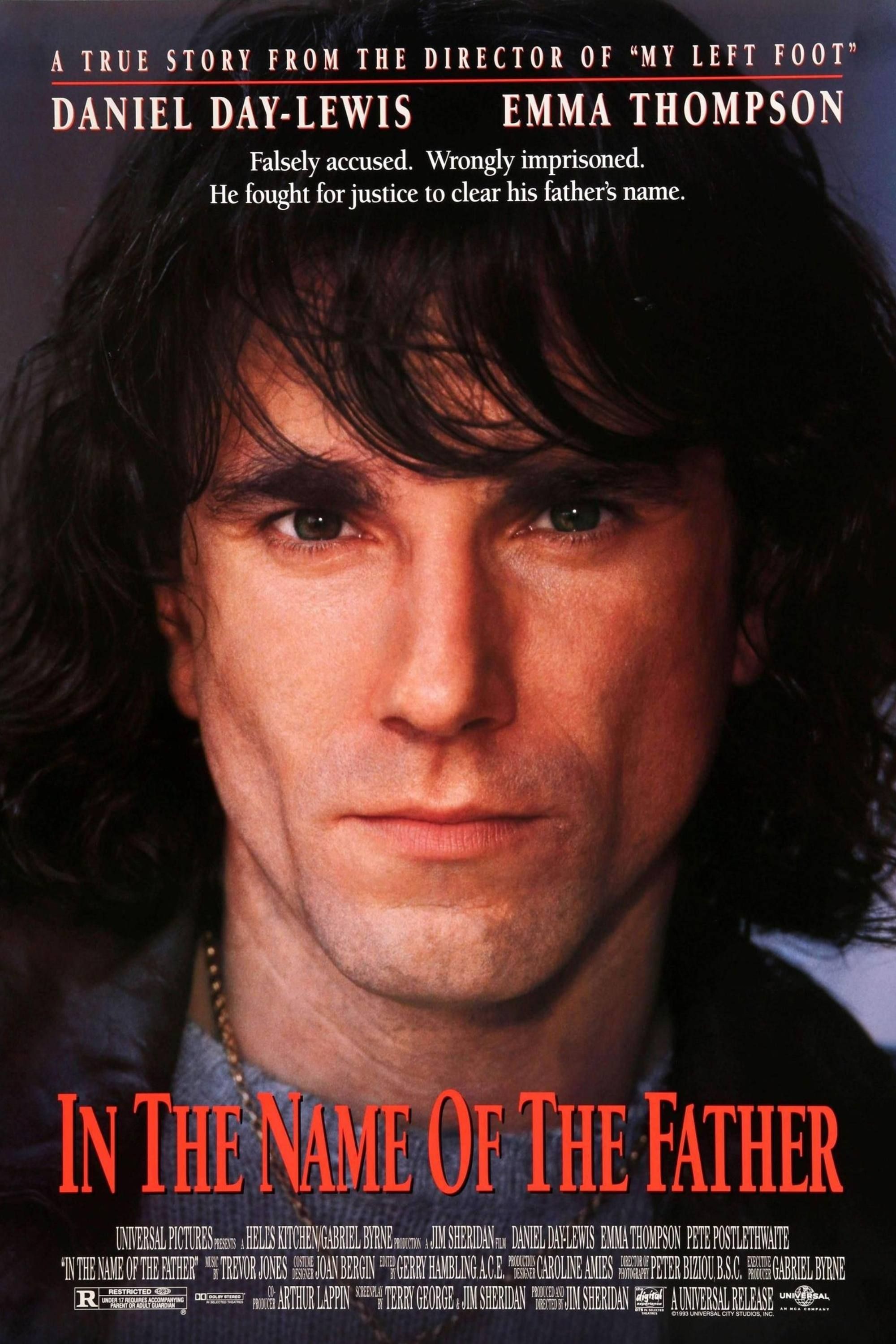
In the Name of the Father
In The Name of The Father is a 1993 film directed by Jim Sheridan. Based on the true story of the Guildford Four, it follows Gerry Conlon, played by Daniel Day-Lewis, a man wrongly accused and convicted of the 1974 Guildford pub bombings in London. The film portrays Conlon’s fight to prove his innocence and the systemic issues within the British legal system, featuring Emma Thompson and Pete Postlethwaite in supporting roles.
- Director
- Jim Sheridan
- Release Date
- February 25, 1994
- Writers
- Gerry Conlon , Terry George , Jim Sheridan
- Cast
- daniel day-lewis , Pete Postlethwaite , Alison Crosbie , Philip King , Emma Thompson , Nye Heron , Anthony Brophy , Frankie McCafferty
4 Gangs Of New York (2002)
Daniel Day-Lewis as William “Bill the Butcher” Cutting
Daniel Day-Lewis and filmmaking legend Martin Scorsese had already worked together once on The Age of Innocence when Gangs of New York was released in 2002. However, it must be admitted that the pair’s definitive collaboration came with the role of Bill the Butcher, who stood among Day-Lewis’s most iconic portrayals. While Gangs of New York was also the first of Scorsese’s many movies with Leonardo DiCaprio, Day-Lewis truly stole the show with his over-the-top portrayal of the leader of the nativist Bowery Boys gang.
Day-Lewis’s performance stood out as he portrayed his character with an air of camp that was juxtaposed with the gratuitous violence depicted onscreen. With a passion for murder, mayhem, and chaos, Bill the Butcher’s deeply troubled character traits highlighted the complex social relationships of immigrants in 1863 America. Day-Lewis was nominated for the Academy Award for Best Actor for his role in Gangs of New York, but lost out to Adrien Brody in The Pianist.
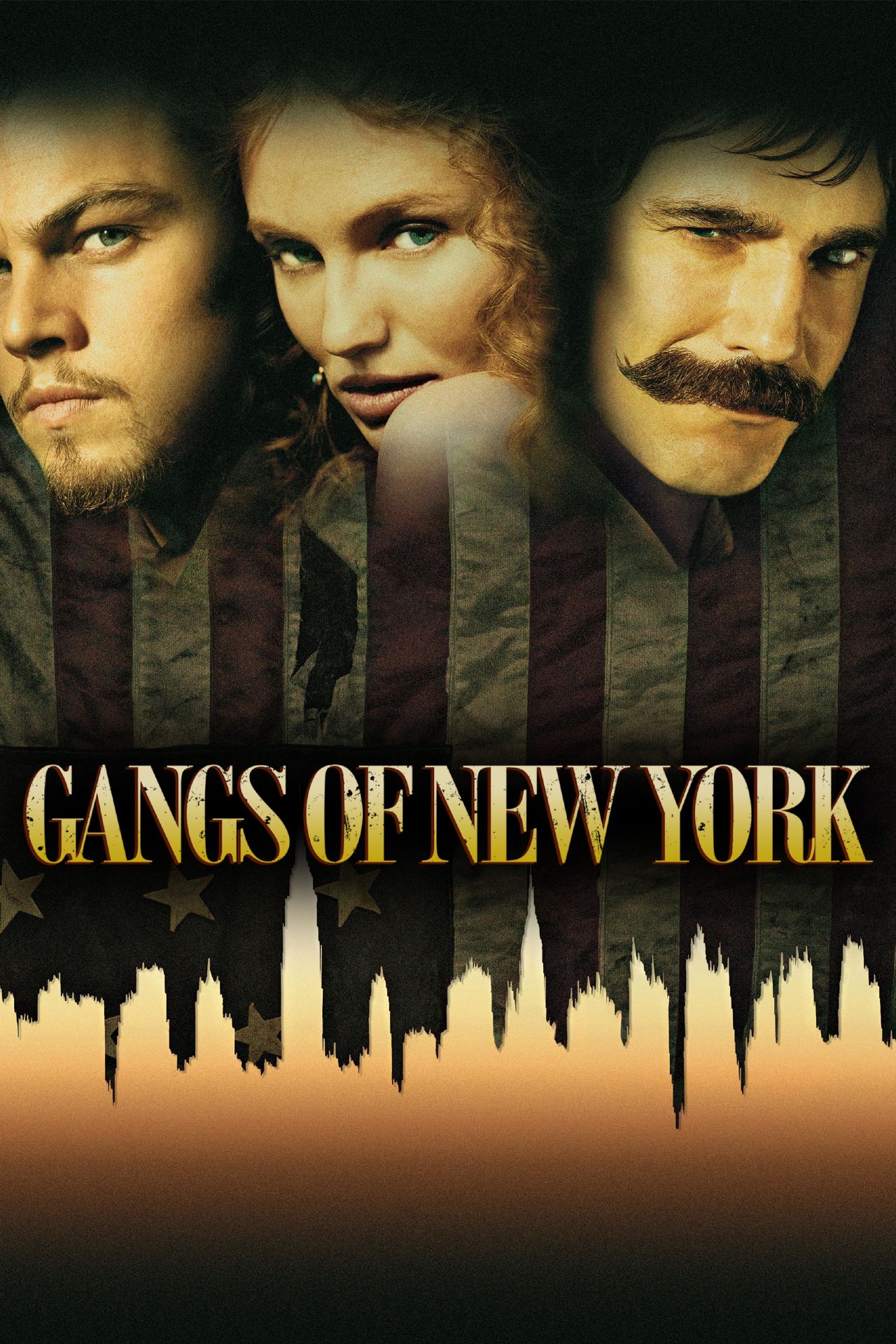
Gangs of New York
Gangs of New York, directed by Martin Scorsese, is a historical drama that explores the violent rivalries between immigrant groups in 19th-century New York City. Leonardo DiCaprio stars as Amsterdam Vallon, who returns to the Five Points area seeking revenge against Bill the Butcher, played by Daniel Day-Lewis. The film dramatizes the socio-political unrest in America during that era, highlighting issues like gang warfare and ethnic tension.
- Release Date
- December 20, 2002
- Writers
- Jay Cocks , Steven Zaillian , Kenneth Lonergan
3 There Will Be Blood (2007)
Daniel Day-Lewis as Daniel Plainview
Daniel Day-Lewis’s performance in There Will Be Blood was the culmination of his entire career in one role and truly stood out as Day-Lewis’s best movie. As a defining film not just for Day-Lewis but also for its director, Paul Thomas Anderson, There Will Be Blood expertly deconstructed corruption and greed in the United States set against the backdrop of a power-hungry oil baron. Day-Lewis took home his second Academy Award for Best Actor for his role as Daniel Plainview.
Categorized by menacing greed, frightening charisma, and threatening callousness, Daniel Plainview was simultaneously one of the most compelling and terrifying characters cinema has ever seen. There Will Be Blood was a highly ambitious film that was endlessly entertaining and deeply thematically rich. As one of the few films that can be confidently called a masterpiece, There Will Be Blood was a defining film in the career of Day-Lewis.
2 Lincoln (2012)
Daniel Day-Lewis as President Abraham Lincoln
For his role in Steven Speilberg’s Lincoln, Daniel Day-Lewis entirely transformed into the 16th President of the United States of America in a story that cataloged the challenges of the Civil War and the pushback behind the decision to emancipate American slaves. Day-Lewis won his third Academy Award for Lincoln and became the only actor in history ever to take home three Best Actor Oscars. As a grand historical drama of depth and scope, Lincoln was not just a defining moment for Day-Lewis but also one of Speilberg’s greatest achievements.
Day-Lewis fully immersed himself in his role in Lincoln as he required all the crew, including Speilberg, to refer to him as “Mr. President.” With an intense attention to detail, Day-Lewis captured the mannerisms of President Lincoln in a dignified portrayal that depicted his achievements while making him believable as a real man. Lincoln was one of those rare movies where the direction, writing, and acting were all superb, and each aspect complimented the other perfectly.
1 Phantom Thread (2017)
Daniel Day-Lewis as Reynolds Woodcock
After a five-year acting hiatus, Daniel Day-Lewis reunited for Phantom Thread with Paul Thomas Anderson for what he said would be his final performance before retiring entirely. In an extraordinary performance, Day-Lewis played Reynolds Woodcock, a dressmaker during the 1950s who found inspiration in a young waitress named Alma Elson. As a deeply romantic film dealing with the passionate and explosive nature of romantic allure and lust, Phantom Thread was a powerful statement on creativity that appropriately bookended Day-Lewis’s career.
While it was fantastic to see Day-Lewis show off his incredible acting talents one more time, watching his performance in Phantom Thread also felt bittersweet, as it was the last time he exhibited his extraordinary gift to the world. This was not the first time that Day-Lewis retired from acting, as he had previously taken a break between 1997 and 2000, so film lovers still hold out hope that he will one day return. However, as of 2024, Phantom Thread marked a definitive end point as well as one of Daniel Day-Lewis’s greatest performances.
Source: Slash Film
